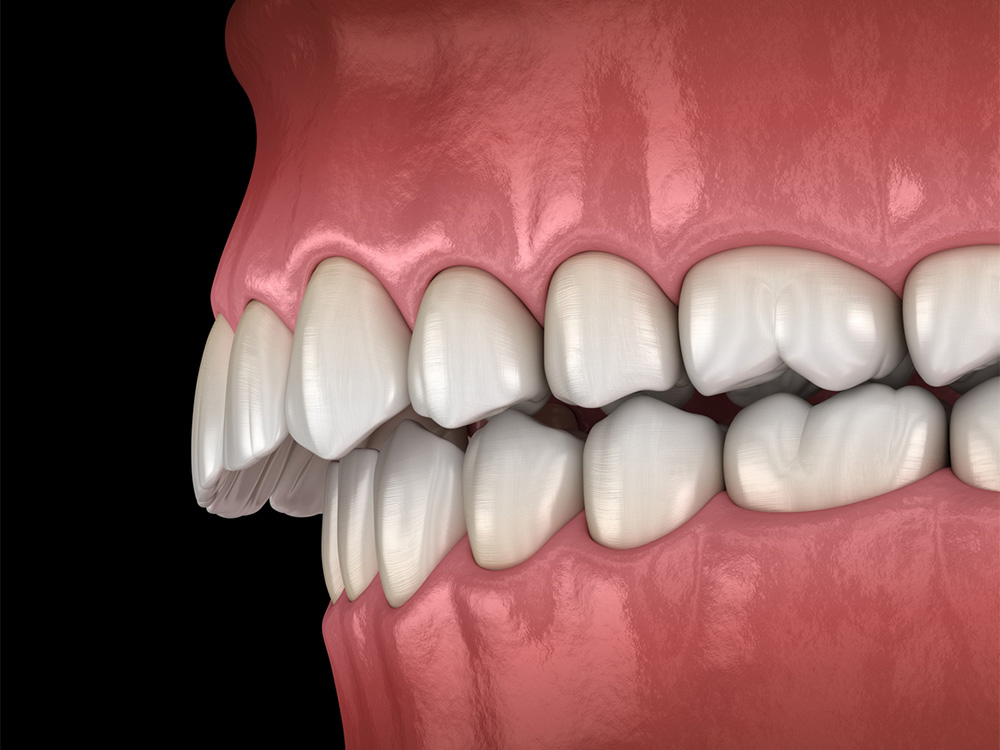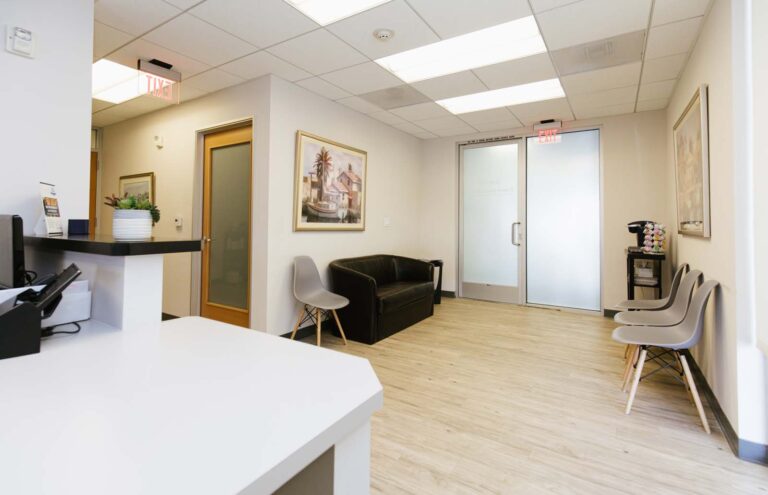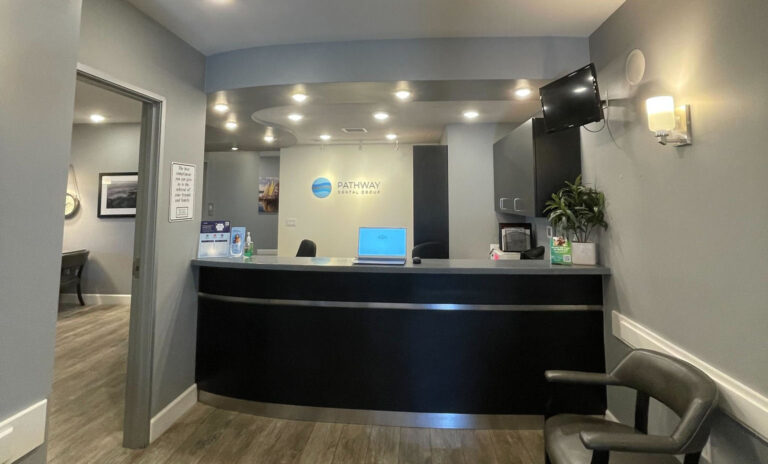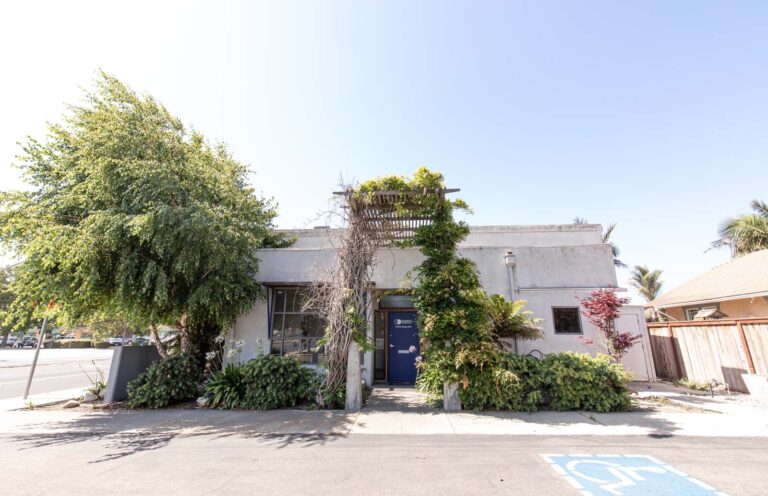Bite Corrections
When the upper and lower teeth align, chewing and biting are easier. If they are misaligned, it can lead to worn enamel, cracked and broken teeth, jaw pain, and a variety of other symptoms. Our dentists are here to help with overbite and underbite corrections early, especially in children.
Underbite, Overbite & Open Bite Corrections
At Pathway Dental Group, we focus on three types of bite corrections:
- Underbite — When the lower teeth extend further out than the upper teeth. The cause is usually a misalignment of the jaw, known as a class III malocclusion.
- Overbite — When the upper teeth extend further out than the bottom front teeth. Many people have an overbite, but a significant overbite can lead to tooth decay, gum disease and jaw issues.
- Open bite — When the top and bottom teeth don’t touch at the front or back of the mouth when the jaw is fully shut. This “bad bite” can cause problems when biting down, plus pain, oral hygiene issues, and tooth and gum decay.
Bite issues are easiest to correct while the jaw is still developing. We use a variety of treatments, including orthodontia or clear aligners. If you think you or your child needs a bite correction, call our office today.

-
How can I correct an underbite?
Underbite corrections vary based on how old a patient is and how much of an underbite they have. In most cases, we can correct minor to moderate underbites without surgery. These are the most common procedures for underbite corrections:
- An upper jaw expander — This expander may benefit patients with an upper jaw that’s small in width. We fit the expander across the patient’s palate, so it can gradually widen the jaw. The widening helps the lower teeth align with the upper teeth.
- The ‘reverse-pull’ headgear — This type of headgear pulls the upper jaw forward. It’s more effective for patients under age 10.
- Braces or clear aligners — Braces for underbite correction or clear aligners are suitable for children and adults. They can support bite correction, especially with orthodontic elastics (rubber bands).
- Tooth extraction — Sometimes removing specific teeth can help correct underbites.
- Surgery — For severe underbites, jaw surgery may help align the upper and lower jaws. Underbite correction surgery is considered low risk, and your dentist or orthodontist typically refers you to a maxillofacial surgeon.
-
What are the main causes of underbites?
Different factors can cause an underbite, such as:
- Genetics — Most underbites are inherited, since genetics helps determine the shape and size of your teeth and jaw. You usually can’t prevent underbites passed down through family.
- Certain habits — Prolonged thumb-sucking or pacifier habits, pushing the teeth with the tongue or long-term bottle feeding can increase the risk of developing and underbite in children.
- Injury — Facial injuries may lead to an underbite if teeth don’t align after procedures like jaw surgery.
- Tumors — Although less common, tumors in the mouth or jaw can affect jaw growth or alignment, causing an underbite.
-
What causes an overbite?
An overbite may be caused by any of the following:
- Biting the nails excessively
- Grinding the teeth
- Sucking the thumb or tongue thrusting
- Using a pacifier past age 3
-
How can I correct an overbite?
Overbite correction is different for children and adults. If we notice an overbite during childhood, treatment may include:
- Braces, which shift teeth into proper alignment over time
- Growth modification devices, or palate expanders, which help reposition the jaw during growth spurts
- Retainers, which can help keep the teeth in place after braces
- Tooth removal to create space for adult teeth
In adults, treatment may include:
- Clear braces, which help reposition the teeth impacted by an overbite
- Extractions to make room for the remaining teeth
- Jaw alignment surgery
-
Are deep bites and overbites the same?
A deep bite is a type of overbite. With a deep bite, the upper front teeth overlap the bottom front teeth significantly when you close the back teeth (also called a closed bite). The bottom front teeth often touch the roof of the mouth. Deep bites can lead to tooth crowding and alignment problems.
-
Does an open bite require surgery for correction?
Open bites only require oral surgery in severe cases. Otherwise, we can usually correct an open bite with orthodontia, such as braces or clear aligners. Your provider does a full exam with X-rays or 3D imaging to assess the bite and determine the best treatment.
-
Does an open bite get worse over time?
Yes, any orthodontic problem, including an open bite, gets worse over time if it’s not fixed. Talk to an orthodontist as soon as possible to prevent more damage to the teeth and gums or pain during chewing, biting or swallowing.
It’s best to start open bite corrections while kids are toddlers or by age 7.
More Questions?
If you have any questions about underbite, overbite, or open bite treatments, contact our office and we'll be happy to assist you.








